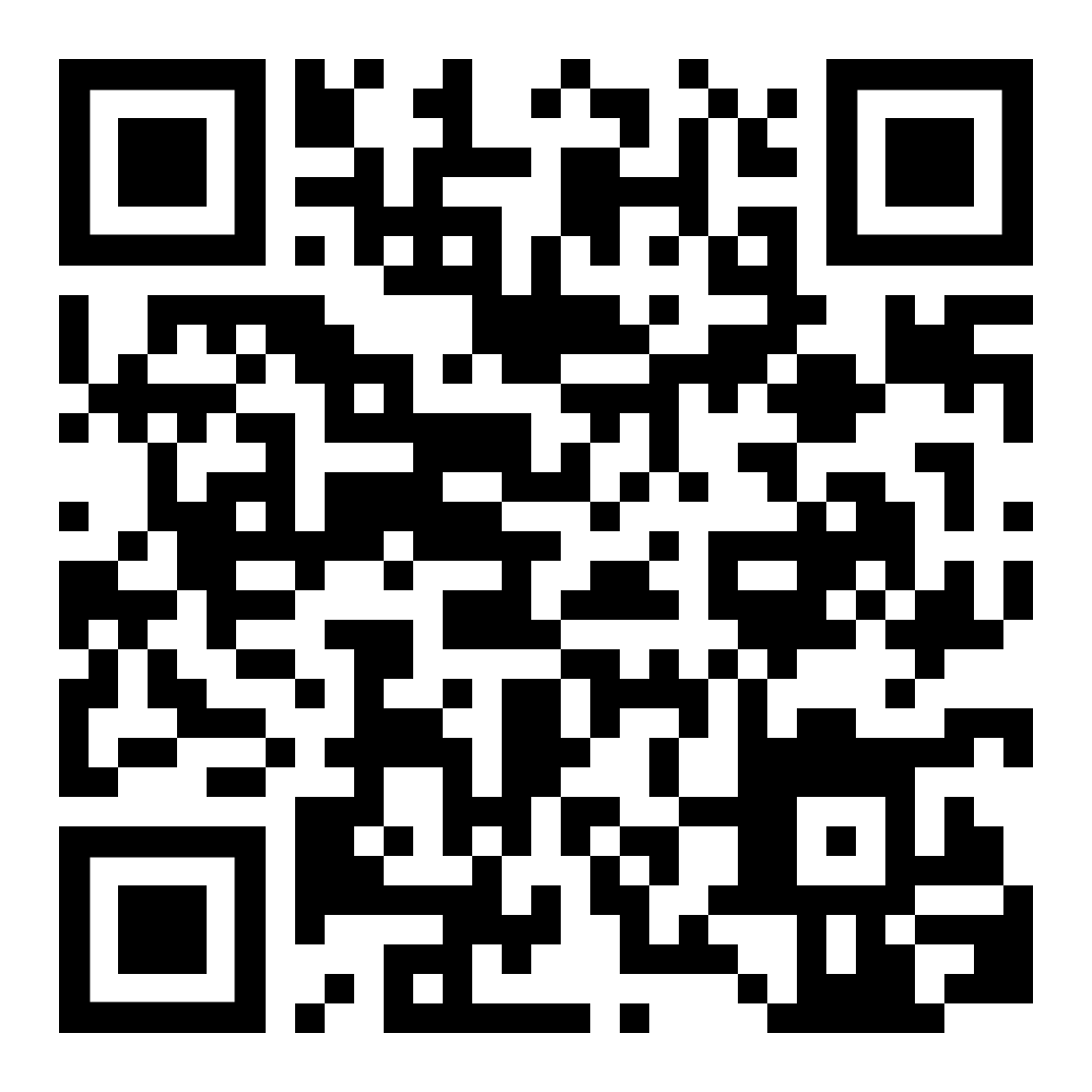是否需要俄罗斯留学预科项目?
发布:2024-06-12 07:26:36 分类:留学知识 点击:1000 作者:管理员
Is a Preparatory Course for Studying in Russia Necessary?
Abstract
Studying abroad, especially in Russia, has become an increasingly popular choice for many students seeking to broaden their horizons and gain a unique educational experience. However, the question of whether a preparatory course is necessary for studying in Russia remains a topic of debate. This article explores the various perspectives on the importance of a preparatory course for Russian study, examining its potential benefits and drawbacks. Through a comprehensive analysis of five key aspects, the article aims to provide a well-rounded understanding of the topic, ultimately helping readers make an informed decision about the necessity of a preparatory course for their Russian study endeavors.
Introduction
The decision to pursue higher education in Russia has gained significant traction in recent years, with students from around the world being drawn to the country's rich cultural heritage, prestigious academic institutions, and unique educational opportunities. However, the transition to studying in Russia can be challenging, particularly for those who are unfamiliar with the language, customs, and academic system. This has led to the consideration of whether a preparatory course is a necessary step in the journey of studying in Russia.
Language Proficiency
One of the primary reasons a preparatory course is often recommended for studying in Russia is the language barrier. The Russian language, with its complex grammar, extensive vocabulary, and unique alphabet, can be daunting for international students. A preparatory course provides an opportunity to develop a strong foundation in the Russian language, allowing students to communicate effectively both in academic and everyday settings. By mastering the language before embarking on their studies, students can better navigate the challenges of attending lectures, participating in discussions, and completing assignments in Russian. This language proficiency can also enhance their overall academic performance and integration into the Russian educational system.
However, some argue that a preparatory course may not be strictly necessary, especially for students who have already attained a certain level of Russian language proficiency. These individuals may choose to enroll directly in their desired academic program, supplementing their language skills with private tutoring or intensive language courses during their studies. While this approach can be feasible, it does carry the risk of a steeper learning curve and potential academic setbacks if the student's language skills are not sufficiently developed.
Cultural Adaptation
Studying in Russia also requires navigating a unique cultural landscape, which can be significantly different from what international students may be accustomed to. A preparatory course can play a crucial role in facilitating cultural adaptation, providing students with insights into Russian customs, social norms, and everyday life. By gaining a better understanding of the cultural nuances, students can more effectively integrate into the local community, develop meaningful relationships, and minimize the potential for misunderstandings or culture shock.
Moreover, a preparatory course can introduce students to the Russian educational system, familiarizing them with the academic structure, teaching methodologies, and expectations. This can help students better adapt to the learning environment and improve their chances of academic success, as they will be better equipped to navigate the unfamiliar academic landscape.
Academic Preparation
In addition to language and cultural considerations, a preparatory course can also serve as a valuable tool for academic preparation. Many international students may have received their previous education in different educational systems, which can result in gaps or differences in their academic background. A preparatory course can help bridge these gaps by providing students with a comprehensive introduction to the subjects and concepts they will encounter in their Russian academic program.
Furthermore, a preparatory course can help students develop essential academic skills, such as critical thinking, research methodologies, and effective study habits. By strengthening these skills before the start of their studies, students can be better equipped to tackle the rigors of the Russian educational system and achieve academic success.
Financial Considerations
The financial aspect of studying in Russia is another important factor to consider when determining the necessity of a preparatory course. While the cost of a preparatory course may be an additional expense, it can ultimately lead to cost savings in the long run. By ensuring that students are well-prepared for their studies, a preparatory course can reduce the risk of academic setbacks, such as course failures or the need for additional language or subject-specific support. This can help students complete their studies in a timely manner and potentially reduce the overall financial burden associated with studying abroad.
However, it is important to weigh the potential financial benefits against the immediate cost of the preparatory course. Some students may prefer to forgo the preparatory course and opt for a more self-directed approach, relying on their own resources and self-study to adapt to the Russian educational system. This decision should be carefully considered based on the individual's financial situation and the resources available to support their academic journey.
Personal Growth and Opportunities
Beyond the practical considerations, the decision to pursue a preparatory course for studying in Russia can also have a significant impact on a student's personal growth and the opportunities they may encounter. Completing a preparatory course can instill a sense of confidence, resilience, and adaptability in students, as they navigate the challenges of a new academic and cultural environment. This personal growth can translate into enhanced problem-solving skills, intercultural awareness, and the ability to thrive in unfamiliar settings – all of which are valuable assets for their future academic and professional pursuits.
Moreover, a preparatory course can open up a wider range of opportunities for students, both within the context of their Russian studies and beyond. By demonstrating their commitment to and preparation for studying in Russia, students may be more competitive in the application process for prestigious academic programs or scholarships. Additionally, the language and cultural skills acquired during the preparatory course can enhance their employability and career prospects, as they become more attractive candidates for positions that require cross-cultural competencies.
Conclusion
In conclusion, the necessity of a preparatory course for studying in Russia is a complex issue that involves multiple considerations. While a preparatory course can provide significant benefits in terms of language proficiency, cultural adaptation, academic preparation, financial implications, and personal growth, it is not an absolute necessity for all students. The decision ultimately depends on the individual's level of Russian language skills, academic background, financial resources, and personal goals.
Prospective students should carefully evaluate their own circumstances and weigh the potential advantages and drawbacks of a preparatory course. By doing so, they can make an informed decision that best aligns with their educational and personal aspirations, ultimately setting the stage for a successful and rewarding experience studying in Russia.












